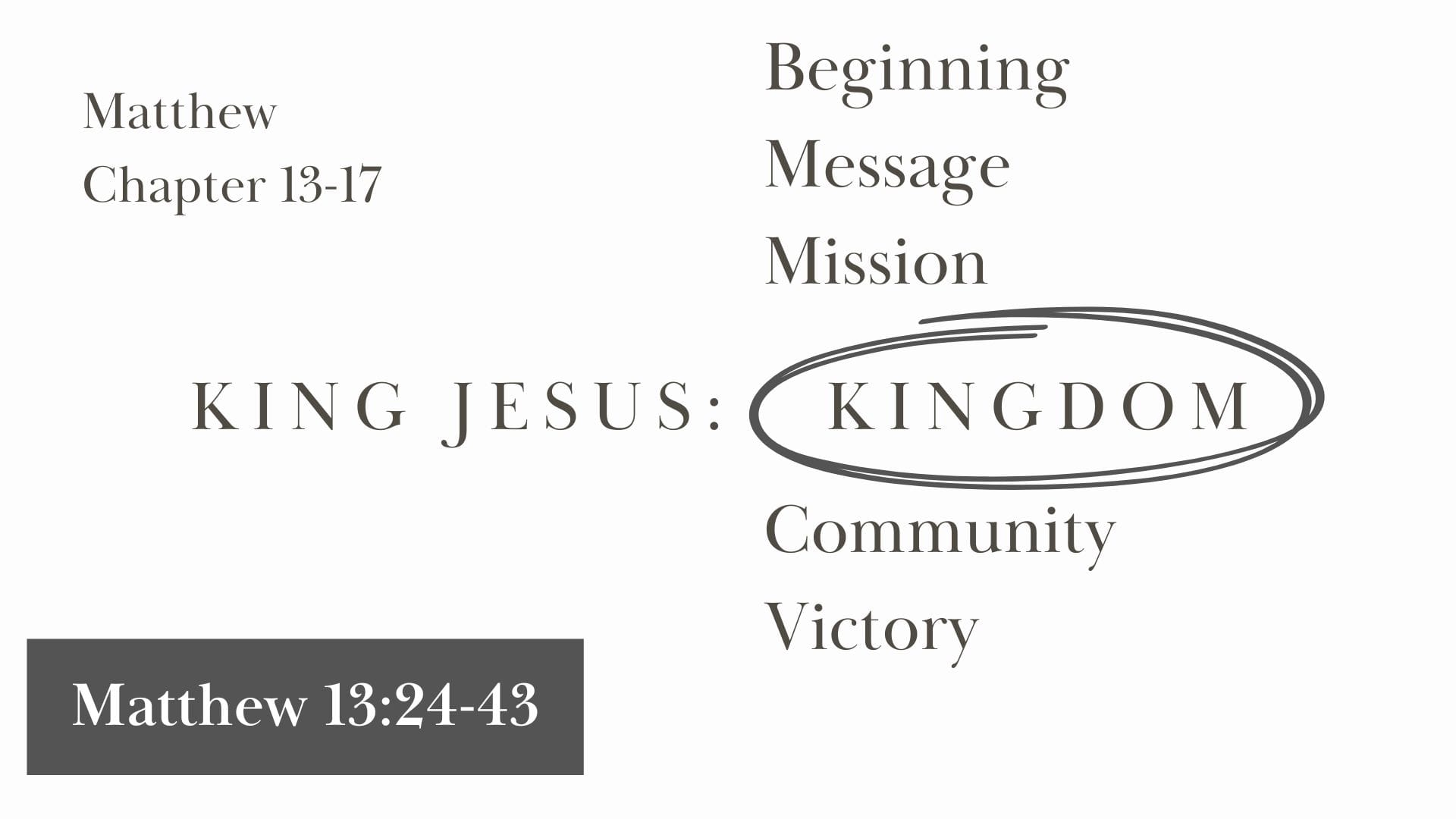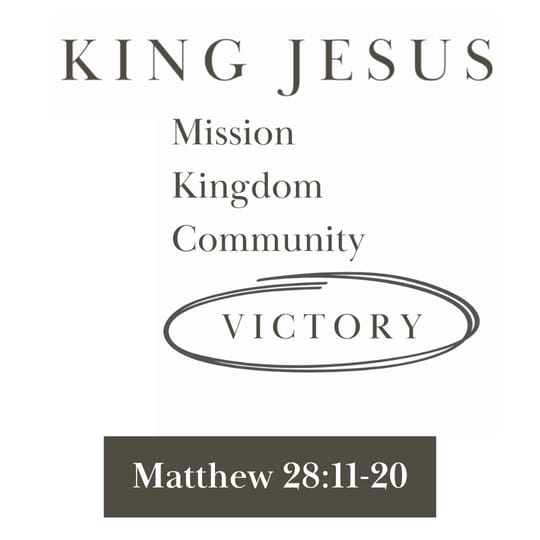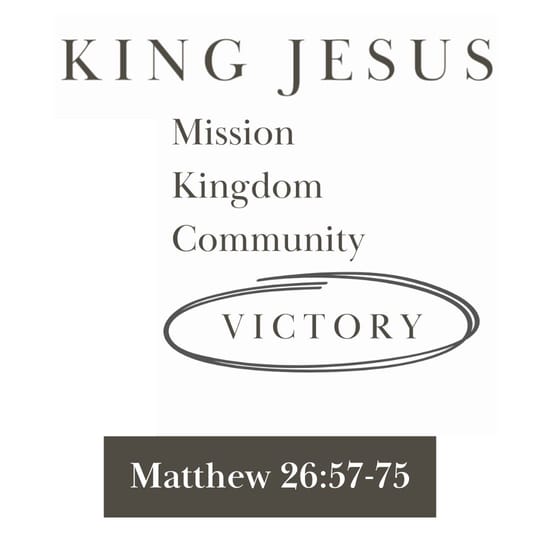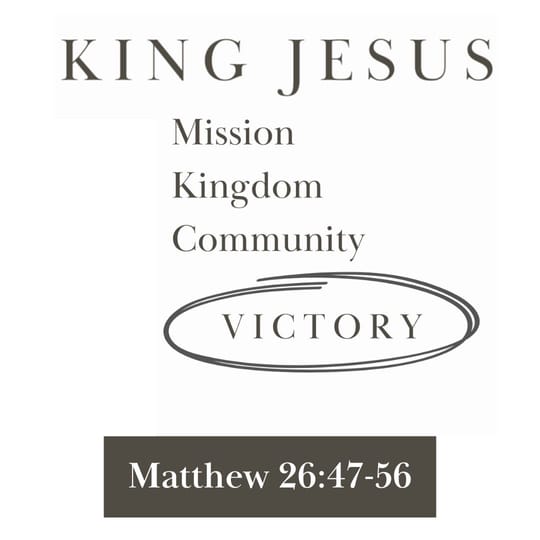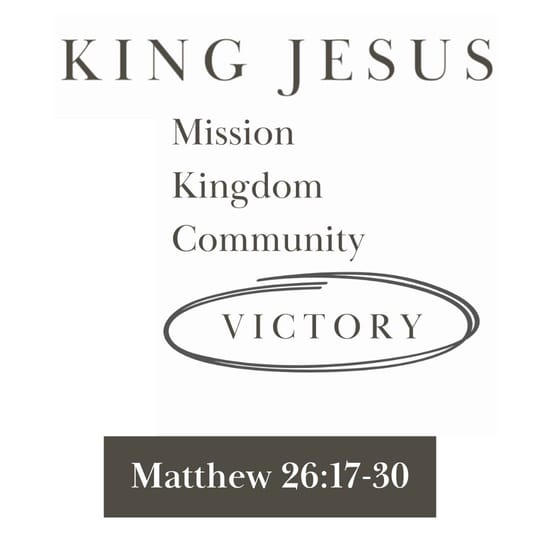Text:
Here is another story Jesus told: “The Kingdom of Heaven is like a farmer who planted good seed in his field. 25 But that night as the workers slept, his enemy came and planted weeds among the wheat, then slipped away. 26 When the crop began to grow and produce grain, the weeds also grew.
27 “The farmer’s workers went to him and said, ‘Sir, the field where you planted that good seed is full of weeds! Where did they come from?’
28 “‘An enemy has done this!’ the farmer exclaimed.
‘Should we pull out the weeds?’ they asked.
29 “‘No,’ he replied, ‘you’ll uproot the wheat if you do. 30 Let both grow together until the harvest. Then I will tell the harvesters to sort out the weeds, tie them into bundles, and burn them, and to put the wheat in the barn.’”
31 Here is another illustration Jesus used: “The Kingdom of Heaven is like a mustard seed planted in a field. 32 It is the smallest of all seeds, but it becomes the largest of garden plants; it grows into a tree, and birds come and make nests in its branches.”
33 Jesus also used this illustration: “The Kingdom of Heaven is like the yeast a woman used in making bread. Even though she put only a little yeast in three measures of flour, it permeated every part of the dough."
34 Jesus always used stories and illustrations like these when speaking to the crowds. In fact, he never spoke to them without using such parables. 35 This fulfilled what God had spoken through the prophet:
“I will speak to you in parables.
I will explain things hidden since the creation of the world.”
36 Then, leaving the crowds outside, Jesus went into the house. His disciples said, “Please explain to us the story of the weeds in the field."
37 Jesus replied, “The Son of Man is the farmer who plants the good seed. 38 The field is the world, and the good seed represents the people of the Kingdom. The weeds are the people who belong to the evil one. 39 The enemy who planted the weeds among the wheat is the devil. The harvest is the end of the world, and the harvesters are the angels.
40 “Just as the weeds are sorted out and burned in the fire, so it will be at the end of the world. 41 The Son of Man will send his angels, and they will remove from his Kingdom everything that causes sin and all who do evil. 42 And the angels will throw them into the fiery furnace, where there will be weeping and gnashing of teeth. 43 Then the righteous will shine like the sun in their Father’s Kingdom. Anyone with ears to hear should listen and understand!
The Kingdom of Heaven is a spiritual reality that changes HOW I SEE EVERYTHING.
Overall Commentary: 🌎
Jesus continues talking to the audience about the complexity of the Kingdom of Heaven. He is still talking to various different people so He continues to speak in parables. To those who are listening, He is explaining questions and mysteries we have all had at one time or another.
Jesus desires to reveal to us the MYSTERIES OF HIS KINGDOM.
Commentary
The Parable of the Wheat and the Weeds...
- Wheat- The seed planted will grow to be wheat. Wheat is often used as a metaphor for the people of God or the harvest of righteous people.
- Darnel- There was a weed called 'Darnel' or 'false wheat' that looked extremely similar to wheat at the beginning. It was only as it began to sprout fruit that you could tell the difference. This is what Jesus is referring to and the audience would be familiar with this issue. Darnel was poisonous. At best, it could make you sick but consuming too much could actually kill you.
- The Crime- Because of the above information, it was considered a crime to sow "darnel" into someone's field. Under Roman law, if someone was caught, you would be legally punished for doing this.
- The Interpretation- This is another one of the few parables that is explained by Jesus to His disciples. He says the field is the world, the wheat is the people of God, the weeds are evil doers, and the harvesters are angels. He shows the great mystery of how He sorts out the real from the fake. It's a sobering interpretation.
- Heaven and Hell- Jesus never shies away from the reality of Heaven and Hell. This has become rare in our modern culture. The intent is not to bring fear into His audience, but Jesus wants to remind us all that this is a reality. We need to take our salvation and the salvation of others seriously.
Why parables?
- There are many good reasons for Jesus to use parables. One reason is that stories are powerful and help illustrate difficult principles. Another reason is that there are many different types of people in Jesus' crowds. Not everyone is there to learn and grow. Some are there to criticize and frustrate His ministry. Therefore, He teaches in parables so that those who came to learn can, and those who came to criticize can also do so. The 'pearls' of the Kingdom are only for those looking for them.
The Parable of the Mustard Seed.
- The smallest seed?- Some atheists have used this text as a way to say Jesus was not "all-knowing." This is due to the fact a mustard seed is not the smallest seed ever found. To me, this is trying too hard. Jesus is using this parable as an example. The mustard truly was the smallest garden seed in first-century Palestine. Therefore, Jesus is saying what is true. What is even more amazing is the transformation it has as it grows.
- Why does it matter that birds can nest in it?- Throughout the Old Testament, a tree that grows big enough to be able to withstand birds nesting in its branches is considered to be healthy and prosperous.
The Parable of the Leaven.
- Controversy- This parable has been under a lot of controversy over the years by various scholars. Because Jesus does not outright explain this parable, many use the parable immediately preceding it (mustard seed), to say Jesus is saying the same thing differently. This is possible. However, if you look at the entire Bible, something else starts to emerge as a possibility.
- Leaven- Throughout the Bible, leaven is either seen as simply leaven or is used as a metaphor for sin. When you examine further parables by Jesus, saying "The Kingdom of Heaven is like" doesn't always mean something good. It can also mean, "This is what happens in the spiritual reality under the rule of God." Also, it is fair to ask why Jesus would say almost exactly the same thing back to back with the mustard seed and the leaven. It is possible Jesus is simply using many examples to help the audience understand. However, it is also possible Jesus is using leaven to refer to how sin tries to take over just like weeds try to take over a crop. If that is so, Jesus is warning the audience not to allow sin to overcome them by slowly taking over their lives.
Top Takeaway- God is in control.
God is answering the question, "Why don't you do something about all this evil?" The bottom line is that God is in control. When Jesus interprets the parable, He shows us four revelations we should always remember:
- The world belongs to God. Notice how the farmer did not panic and did not give his field to the enemy. He was still in control.
- God is not the source of the evil. It was not the farmer who sowed the weeds. It was the enemy.
- It was the grace of the farmer that kept the weeds in there a little longer. The farmer was concerned with destroying the good crop, not protecting the bad crop. Though we may not always understand, God's grace is always at work.
- Justice is a sure thing. Ultimately, God knows, and He works out things the way they should be. We can trust Him.
